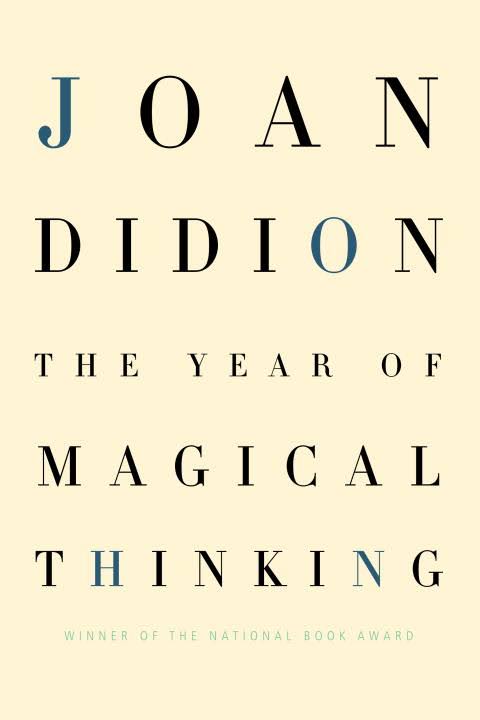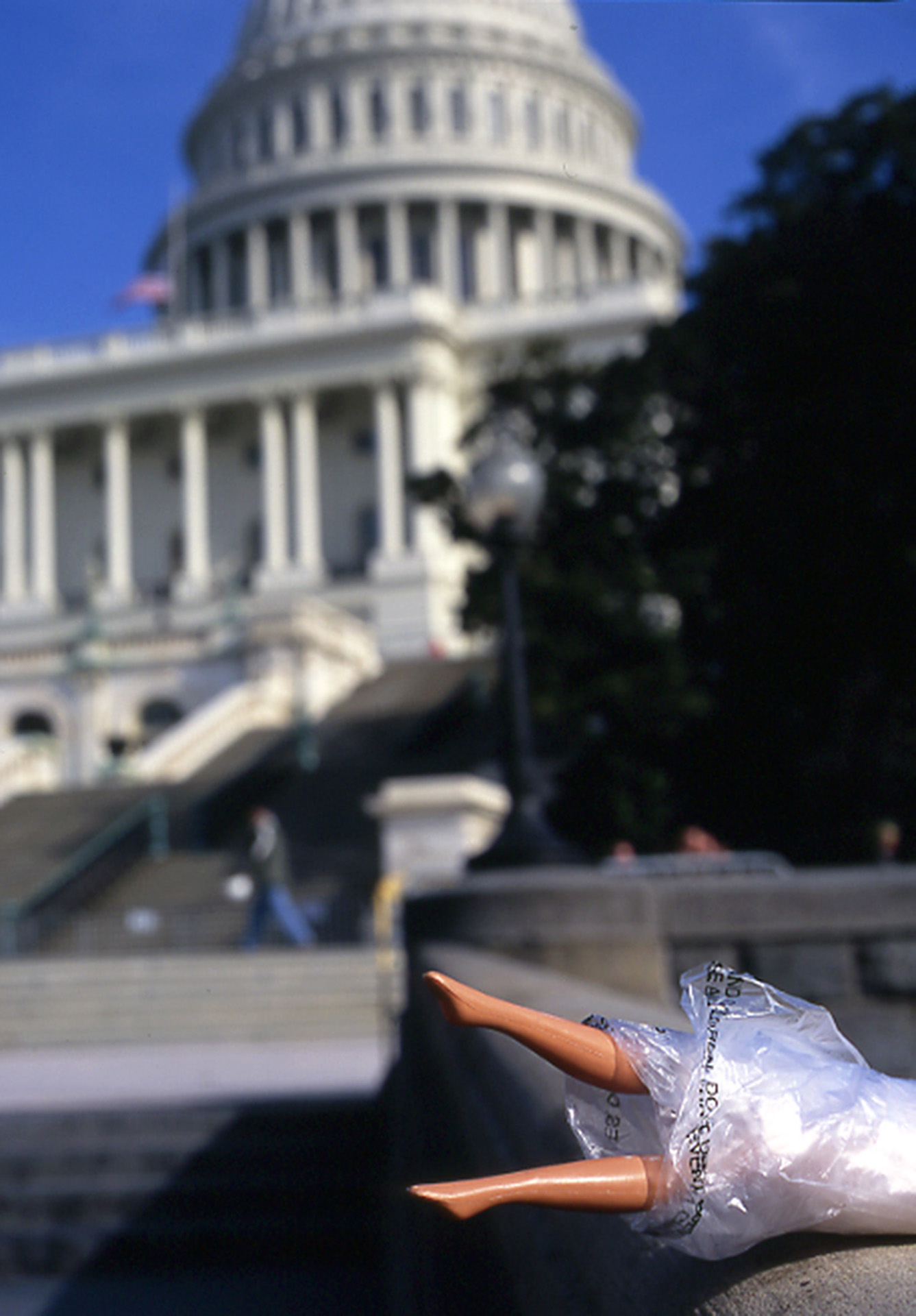Citizen
By Susan Arthur
The day, as I write this, is November 9, 2016. Yep, the day half of us in America wander about in nearly lobotomized shock at Trump’s win. We look for solace from each other, wonder what to do. There have been whispers for some time about moving to Canada. I hear the Immigrate to Canada website crashed.
I’m fortunate. I don’t need that website. I’m a dual citizen: United States and Canada. I live in the U.S., born here to Canadian parents. I was invited to get my Canadian citizenship under the Lost Canadians law as a child of expatriates. I’ve been looking at property in Canada online all morning, land in Cape Breton, cottages in New Brunswick. An apartment in Montreal? Or maybe one in Toronto, where my father went to college. …
It soothes me to look. This could be something of a return home, a return to a motherland. I’ve never been as popular among my friends. “Take me to Canada with you!” (Am I leaving?). “Marry me!” (I am married, but thanks for the offer.) “Buy property so all of us future ex-pats can form a little community!” (Because Utopian communities always work out so well?)
My husband, an American whose family goes back generations in Massachusetts, is a board certified oncologist and clinical research doc. Canada would lay down the red carpet for him, whereas me, I’m just an artist. My French is awful, although my health is good, but if they didn’t have to take me, who knows what would happen?
Three years ago, we made a wrenching and grueling move from the Pacific Northwest, after decades there, back to New England. I’d lobbied for a move to Canada then, wanting to settle in a place that seemed more like the country I wanted than the country I had (forgive my backward paraphrase of Donald Rumsfeld). I was tired of flirting with Canada. I wanted a real relationship, a committed one. Instead, we’ve settled on coastal New England because a desirable job was here for my husband and he was uncertain about expatriating, especially in the face of what seemed like a solidly progressive U.S. We had, after all, an intelligent, progressive man in the White House. We were safe.
Today, I am sad and embarrassed, scared and angry. The U.S. has always been my home. I work here, raised my sons here, vote here. All those years of supporting and working for human rights—women, minorities, LGBTQ—are they—those rights, my years—about to disappear? My hope that we will finally address income inequality is withering, dying. My husband and his workmates are concerned about the Affordable Care Act being dismantled; what will happen to those people needing cancer treatment? Any treatment? And then, there is our fragile, threatened environment. Without a habitable earth, all of these questions are moot.
Like so many of us, probably all 65-plus million who voted for Clinton, I am looking for a path. If I were to take up residence in Canada, I would forfeit my right to vote here, to have any impact on future elections. And I am coming up on my 66th birthday. How much time and energy do I have? How many times can I engage in the same battles, the battles I thought were over and won? What can I do that will have some effect?
Hiding in Canada won’t do it, although I long to live in a place that shares my values. And oh, how I envy them Justin Trudeau.
But as I write this, it gets clearer and clearer, what I need to do. Will do.
I’ll take the weekend off. I need a moment.
And then, I will begin again.
Susan Arthur is a photographer, sculptor and writer, with an MFA from Vermont College of Fine Arts. She hides out in the very blue wilds of Massachusetts. Her work can be viewed here. Writers Resist previously publish a photograph by Susan, “Left for Dead Barbie Visits the Capitol.”
Reading recommendation: The Year of Magical Thinking by Joan Didion.


